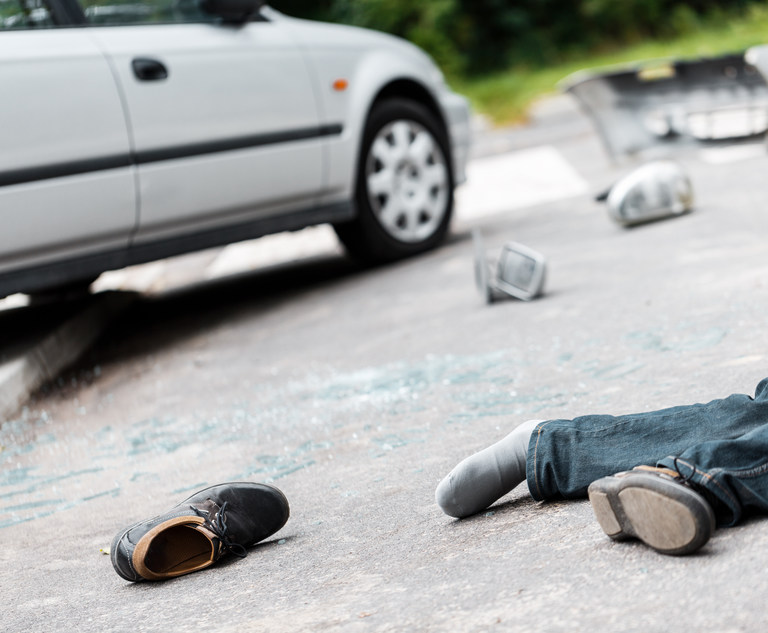“The bar in a tort case for admission of evidence that a party was intoxicated or impaired, or a party suffered from a mental health condition is lower than many would imagine. If evidence raises a question about why a party acted as they did in connection with the occurrence and the probative value of the evidence substantially outweighs any danger of unfair prejudice, the evidence probably is admissible at trial.”
Evidence that a party was intoxicated or impaired, or a party suffered from a mental health condition is not, in and of itself evidence that the party was negligent in causing an accident. Instead, there must be some further evidence that the party’s intoxication, impairment or condition raises a question about why the party acted as they did in connection with the occurrence. And the probative value of the evidence must substantially outweigh any danger of unfair prejudice created by admission of the evidence.


 Credit: Katarzyna Bialasiewicz Photographee.eu/Adobe Stock
Credit: Katarzyna Bialasiewicz Photographee.eu/Adobe Stock




